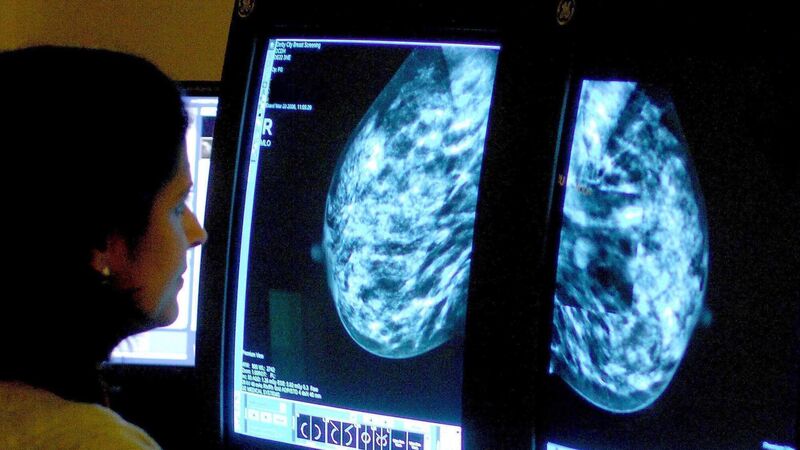Irish researchers help identify genes which can predict breast cancer

Irish researchers and patients were part of a new study which has identified genes which predict breast cancer, allowing for early treatment. Picture: file
A breakthrough study has identified nine genes which are predictors for breast cancer, meaning that at-risk women can get help earlier than at present.
The study, published in , involved analysis of more than 113,000 women worldwide including 2,000 Irish women working with researchers at the National University of Galway.










